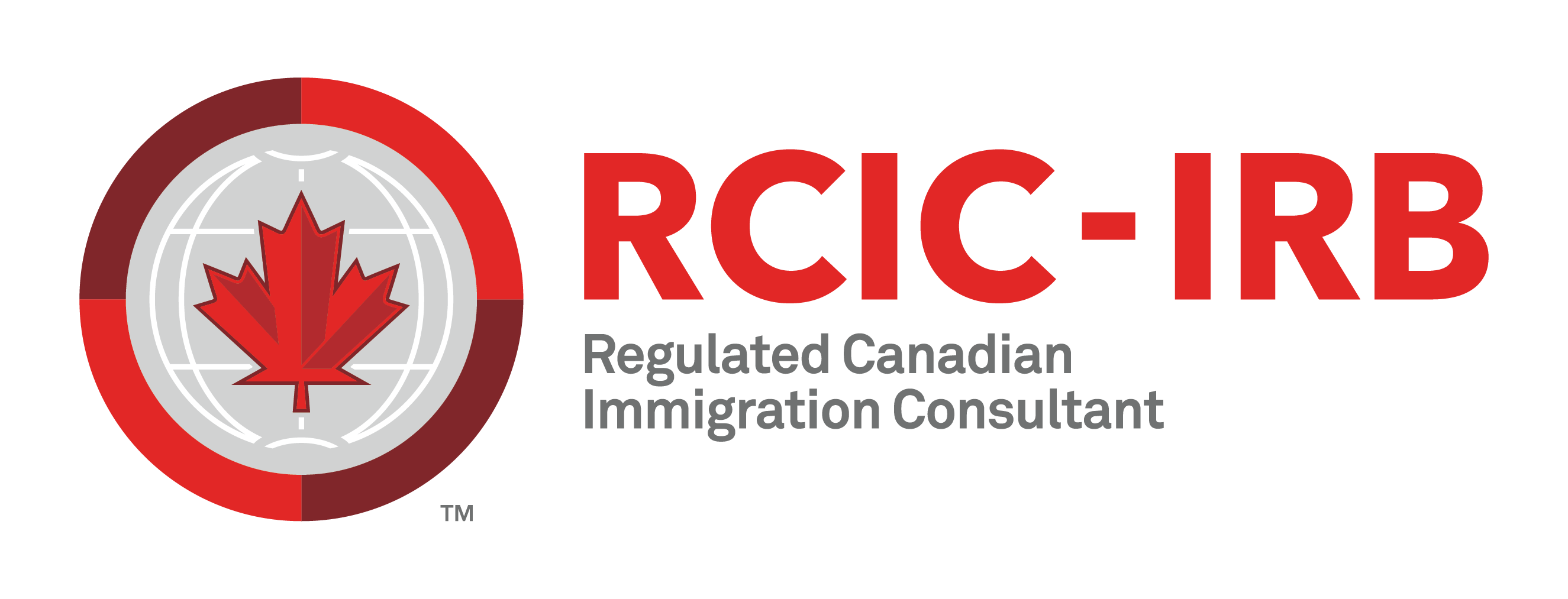News release
December 7, 2023—Ottawa—Canada is a top destination for international students, thanks to our high-quality educational institutions; our welcoming, diverse society; and the opportunities for some to work or immigrate permanently after graduation. While international students have contributed to life on campuses and innovation across the country, they have also experienced some serious challenges, such as finding adequate housing, as they pursue their studies in Canada.
The Honourable Marc Miller, Minister of Immigration, Refugees and Citizenship, announced today that starting January 1, 2024, the cost-of-living financial requirement for study permit applicants will be raised so that international students are financially prepared for life in Canada. Moving forward, this threshold will be adjusted each year when Statistics Canada updates the low-income cut-off (LICO). LICO represents the minimum income necessary to ensure that an individual does not have to spend a greater than average portion of income on necessities.
The cost-of-living requirement for study permit applicants has not changed since the early 2000s, when it was set at $10,000 for a single applicant. As such, the financial requirement hasn’t kept up with the cost of living over time, resulting in students arriving in Canada only to learn that their funds aren’t adequate. For 2024, a single applicant will need to show they have $20,635, representing 75% of LICO, in addition to their first year of tuition and travel costs. This change will apply to new study permit applications received on or after January 1, 2024.
While this will help prevent student vulnerability and exploitation, we recognize that the impact of the change could vary depending on the applicant. Next year, in collaboration with partners, we intend to implement targeted pilots that will test new ideas aimed at helping underrepresented cohorts of international students pursue their studies in Canada.
Today’s announcement follows important reforms to the International Student Program announced on October 27, 2023, regarding the development of a new framework to recognize learning institutions that provide top-quality services and support, including housing, to international students. We expect learning institutions to only accept the number of students that they can provide adequate supports for, including housing options.
In welcoming international students, we have a responsibility to make sure that students are supported when they come to our country. Ahead of the September 2024 semester, we are prepared to take necessary measures, including limiting visas, to ensure that designated learning institutions provide adequate and sufficient student supports as part of the academic experience. In order to achieve this result, it is imperative to work together with provincial and territorial governments, learning institutions and other education stakeholders, so we can ensure international students are set up for success in Canada.
Minister Miller also provided an update on 3 temporary policies affecting international students that were all set to expire at the end of 2023, including the following:
- The waiver on the 20-hour-per-week limit on the number of hours international students are allowed to work off campus while class is in session will be extended to April 30, 2024. International students already in Canada, as well as applicants who have already submitted an application for a study permit as of December 7, 2023, will be able to work off campus more than 20 hours per week until that time. We continue to examine options for this policy in the future, such as expanding off-campus work hours for international students to 30 hours per week while class is in session.
- The facilitative measure that has allowed international students to count time spent studying online towards the length of a future post-graduation work permit, as long as it constitutes less than 50% of the program of study, will continue to be in place for students who begin a study program before September 1, 2024. This measure will no longer apply to students who begin a study program on or after that date. Distance learning facilitation measures were first implemented in 2020 in response to travel restrictions during the pandemic, and were reduced in scope in September 2022. At this point, the vast majority of international students are studying in person in Canada.
- In response to labour market disruptions during the pandemic and post-pandemic recovery, a temporary policy was introduced on 3 occasions to provide an additional 18-month work permit to post-graduation work permit holders as their initial work permit was expiring. Foreign nationals with a post-graduation work permit expiring up to December 31, 2023, remain eligible to apply. However, this temporary policy will not be extended further.
We value the significant social, cultural and economic benefits that international students bring to Canada, and for those benefits to continue, we must tackle issues that have made some students vulnerable and have challenged the integrity of the International Student Program. With the long-overdue increase to the cost-of-living threshold, students arriving in Canada will be on a stronger financial footing as they begin their studies.
Quotes
“International students provide significant cultural, social and economic benefits to their communities, but they have also faced challenges navigating life in Canada. We are revising the cost-of-living threshold so that international students understand the true cost of living here. This measure is key to their success in Canada. We are also exploring options to ensure that students find adequate housing. These long-overdue changes will protect international students from financially vulnerable situations and exploitation.”
– The Honourable Marc Miller, Minister of Immigration, Refugees and Citizenship





Would you like to share your thoughts?
Your email address will not be published. Required fields are marked *